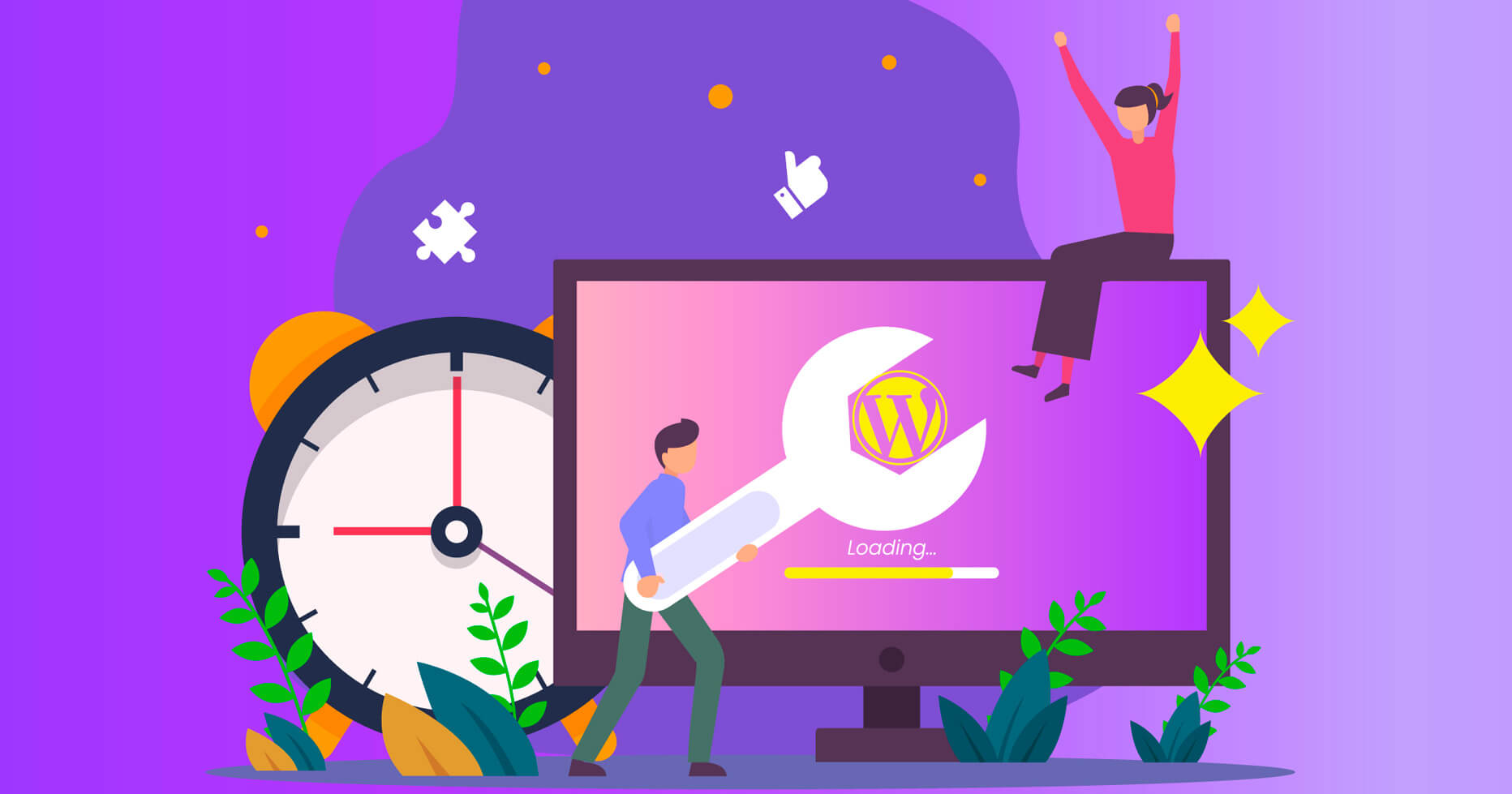Why You Should Update WordPress
Why update WordPress? New versions have better optimization and they are more secure. They also have less bugs and vulnerabilities. Now let’s go over these points in detail. Meanwhile, if now you are asking yourself, “What version of WordPress do I have?” Just click on “Updates” in the Dashboard menu. There, you will see whether there has been a new release.
Stronger Security
WordPress is one of the most widely-used content management systems in the world. Its popularity and open-source allows webmasters to work on improving the system, but it is also open for hacking. So, when the question “Should I update WordPress” comes to your mind, think of your security. If you are not using the most recent WordPress version, you are risking becoming a victim of hackers exploiting your existing vulnerabilities.
Extended Functionality
A new version brings new or improved features, thus enhancing user experience and simplifying the work for blog owners and webmasters. For instance, WordPress 5.0 introduced a new Gutenberg editor with a block-based approach to working with published content. The next version added new self-diagnostic features and improved the performance of the Gutenberg editor. These are just a couple of examples, and you can find the full history of functionality changes on the official website.
Higher Speed
Page loading speed is an important ranking factor that both search engines and users take into consideration. That’s why the WordPress development team is constantly working on speed optimization to help websites load faster. For instance, the version 4.2 features improved performance of navigation menus through JS. Later in version 4.4, developers added support of adaptive images. These and a lot of other improvements help to load pages faster.
Less Bugs
Along with the optimization and security, the platform developers fix the bugs found in previous versions and try to prevent any new errors, although it isn’t always possible. Each update helps to get a more reliable version of the WordPress with fewer vulnerabilities and bugs. Apart from that, while facing any issue with WordPress, you need to update WordPress to the latest version. Otherwise, solving technical issues on your blog might be harder.
Keeping Compatibility
Developers of add-ons, themes, and WordPress plugins for affiliate marketers try to keep their products up-to-date and coordinate with major releases of WordPress. That’s why updating your WordPress version will help you take advantage of all features in new releases and keep all parts of your website compatible.
It is always a good idea to make a backup of your website before updating. In case of any problems with compatibility, you can always get back to the previous version. After such a backup, update all plugins, themes, and add-ons. Only then update your WordPress version to avoid any technical errors.
How to Update Your Version of WordPress
The easiest way is the automatic background update, available from version 3.7. Although you still will have to click on the “Update Now“ button. To not miss any release, you can also set the email notification with WP Updates Notifier plugin. Another option is to update the system manually. Here is a short checklist:
- Deactivate all plugins and replace WordPress files for new ones
- Remove .maintenance file
- Update your installation
- Clear the cash
- Enable plugins again
When you are finished with the update, check the website. If everything works properly, backup your site again. If you register any problem, check relevant forums where users experiencing the same problem might share the solution. Failing this, you may downgrade to the previous version using the backup you‘ve made in the beginning. To get detailed information about updates, visit the WordPress official website for short or extended instructions.
Why You Should Always Use the Latest Version of WordPress
Improving your website performance and offsetting the risk of hacking are the main reasons to update your blog to the current version of WordPress. There may be some exceptions, for example, if any adds-on are not compatible with the latest version of WordPress, updating it will impede your site performance. But mostly such issues are resolved within a few months after release.





